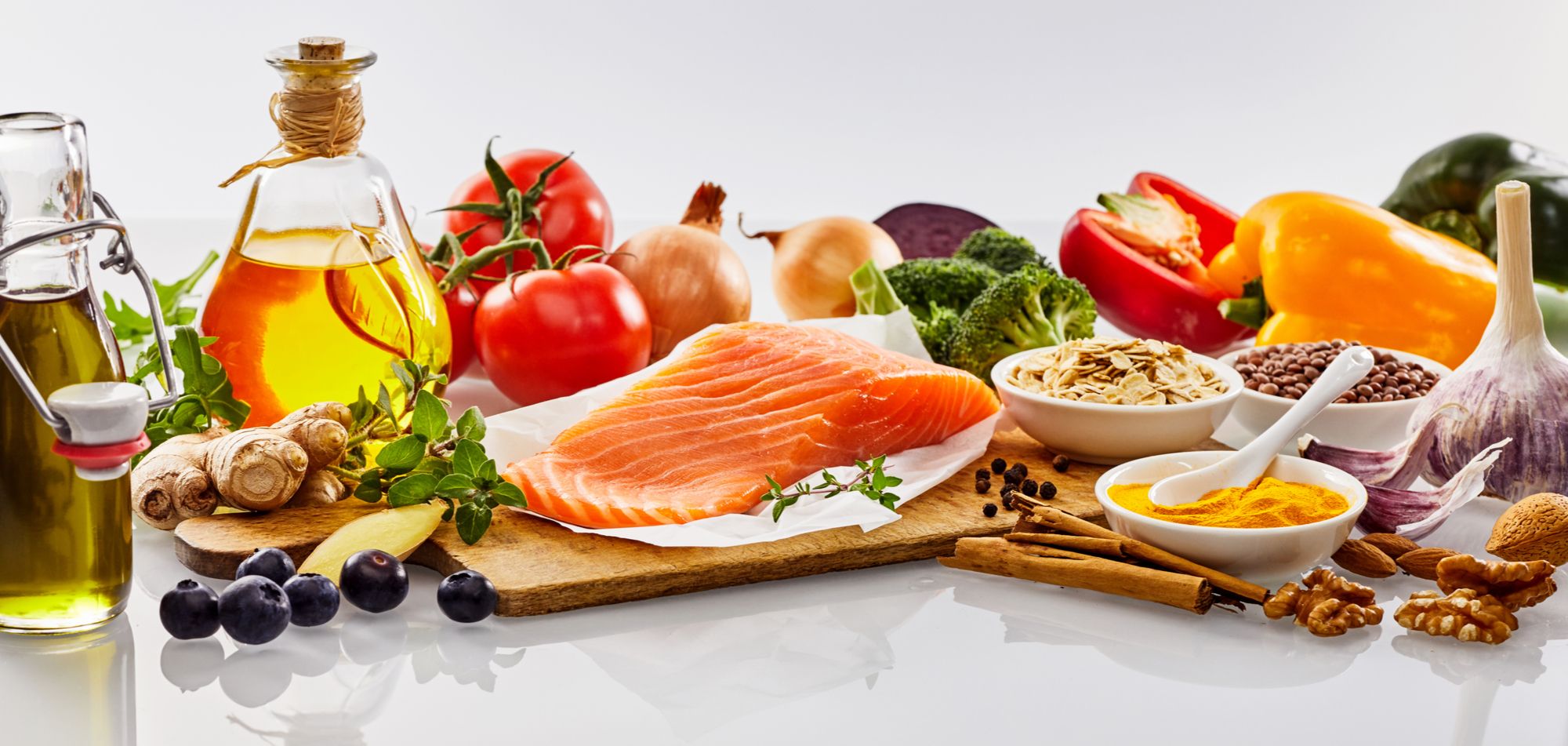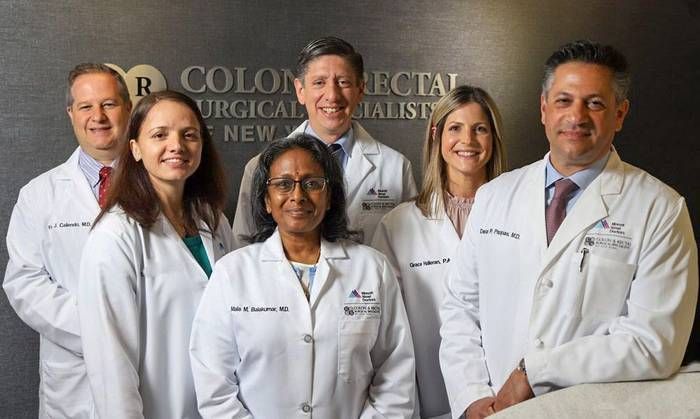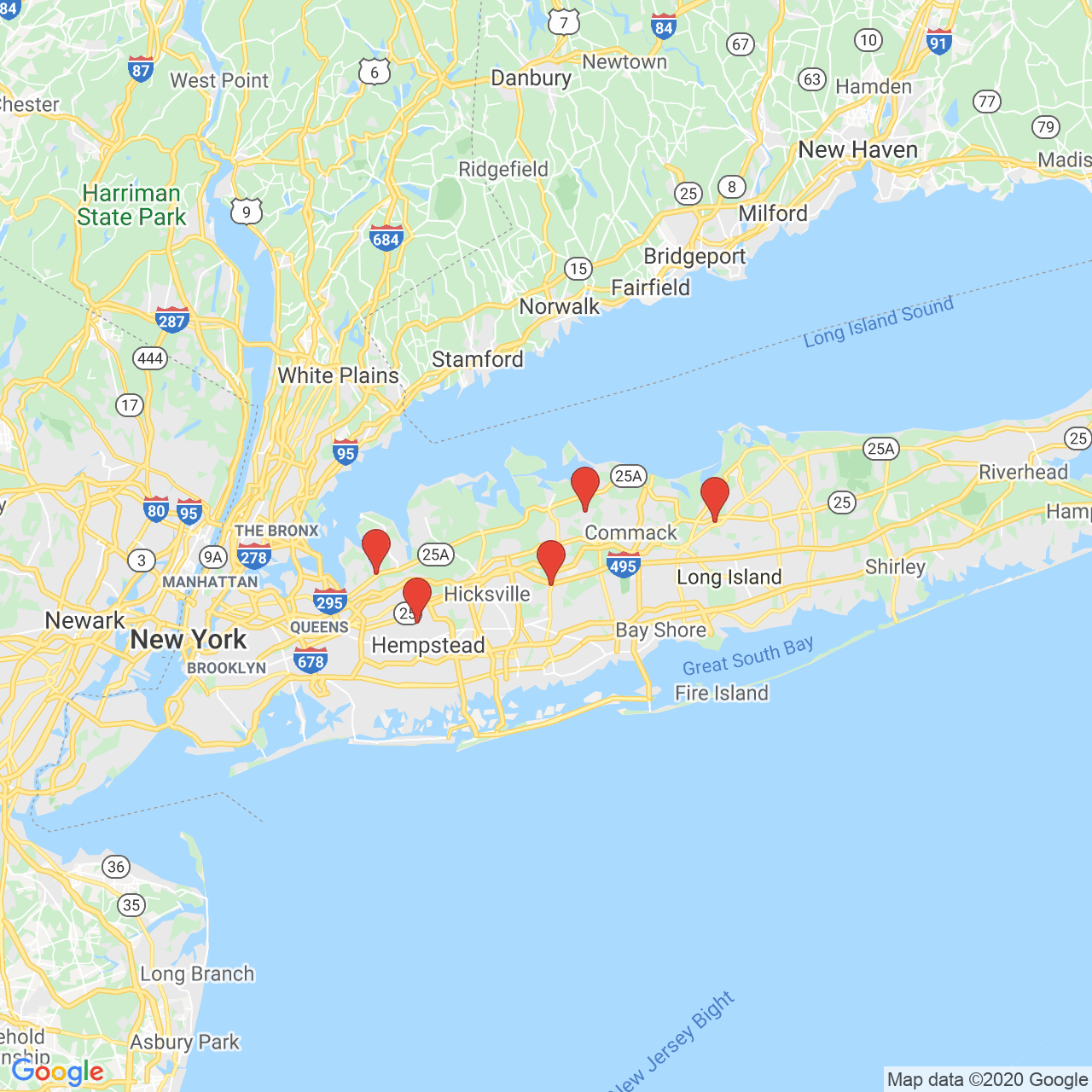
BY DEAN PAPPAS M.D.
Diverticulosis refers to the formation of small pouches in your digestive tract. This is relatively normal, and people who develop these pouches may not experience adverse health effects. However, when these pouches become inflamed or infected, that results in diverticulitis.
There are many treatments for diverticulitis, and the team at Colon & Rectal Surgical Specialists of New York can tailor a treatment plan that’s specific to the needs of the patient and the severity of their flare up. Altering your diet can treat some mild cases of diverticulitis. The teams at our Nesconset and East Setauket, NY offices would like to consider what this dietary treatment for diverticulitis entails.
What a Diverticulitis Diet Is Meant to Accomplish
A diverticulitis diet is intended to help your digestive tract rest. This in turn will alleviate some of the symptoms of diverticulitis, such as abdominal pain, nausea, vomiting, and bloody stools.
How the Diet Works
First, patients will have a clear liquid diet for a few days. That means only ingesting the following:
- Water
- Gelatin
- Clear broths
- Juice without pulp
- Popsicles
- Tea
- Coffee
The all-liquid diet should help calm the symptoms you experienced.
Once you start feeling better, you can reincorporate low-fiber foods into your diet. This might include:
- Eggs
- Fish
- Poultry
- Mashed potatoes without skin
- Well-cooked carrots
- Cooked spinach
- Yogurt
- White rice
- Pasta
- Cheese
- Milk
Be sure to continue hydrating properly while you have these low-fiber foods. As your diverticulitis symptoms continue to subside, patients can slowly return to normal eating habits.
Foods That You Should Avoid If You Have Diverticulitis
If you have a flare up of diverticulitis, you should avoiding high-fiber foods such as:
- Beans
- Legumes
- Raw fruits
- Raw vegetables
- Whole grains
- Nuts
- Seeds
- Popcorn
Additionally, fried foods, sugary foods, and foods with a high fat content should also be avoided.
How Effective Is a Diverticulitis Diet?
For people with mild cases of diverticulitis, this temporary change in diet plus the use of antibiotics tends to be quite effective. It also avoids the need for more invasive procedures.
That said, if diverticulitis symptoms do not improve or get worse after a few days on the diet, patients should contact their doctor as soon as possible.
Be Attentive to the Foods You Eat and How They Make You Feel
It’s important that you be attentive to your body and your needs. If your body responds negatively to certain kinds of foods, be sure to avoid them, especially during flare ups of the condition. You may notice that some foods seem to bring about diverticulitis symptoms, which means you should remove those foods from your diet.
Similarly, be mindful of the foods that serve your body best, especially when trying to manage your flare ups. This can help create a healthy diet routine to keep the diverticulitis under control.
Speak with Our Colorectal Surgeons
To learn more about managing and treating diverticulitis, be sure to contact our skilled colorectal surgeons. We have offices in Garden City, Jamaica, Richmond Hill, and additional cities, allowing us to serve people in Queens and on Long Island.

